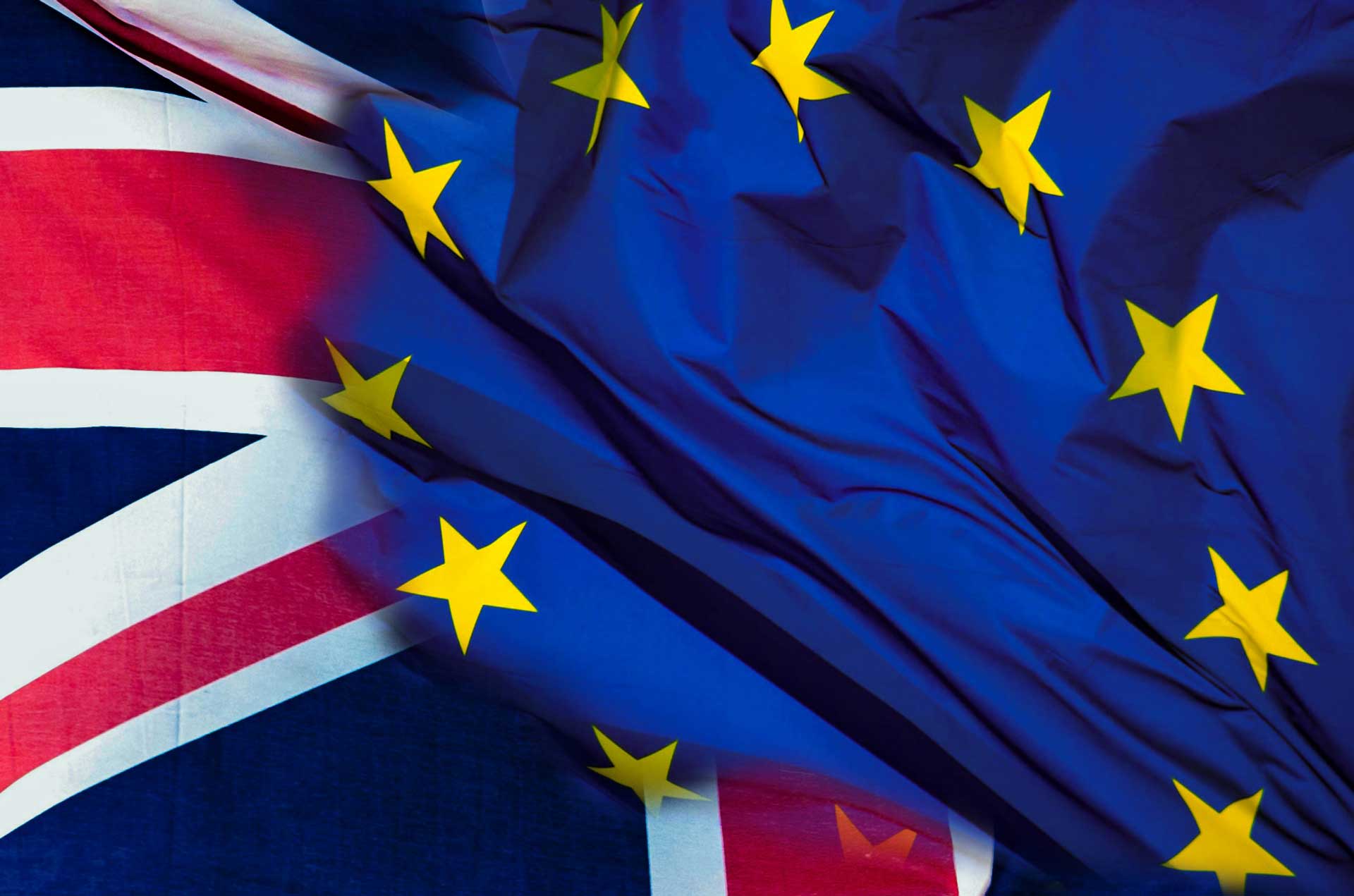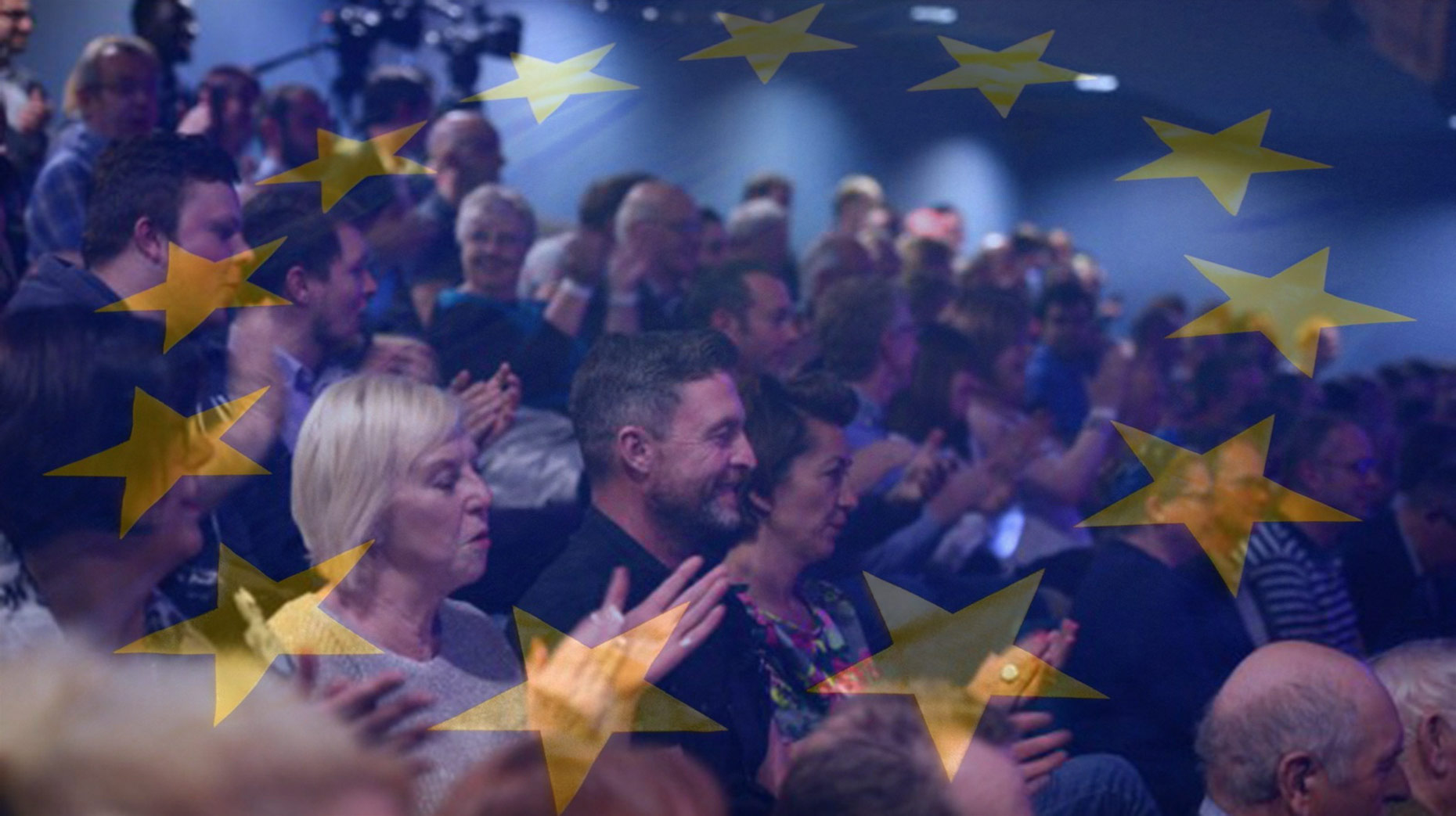Leaving the EU was offered as the magical solution to all of Britain’s problems. None of them as emotional as immigration. None of them as divisive as the difference between ‘the people’ and ‘the elite’. The elite talked about the economy. The people talked about their neighbourhood.
Living in Lincolnshire you might recognise this: English kids are a minority in the school; you’ve been treated in a hospital where everybody from the consultant down is obviously not English, the streets are full of foreign speaking people, you have nothing common with your neighbours. High street shops metamorphosed into ‘Sklep’.
You might be unemployed with foreigners taking the jobs. You feel threatened.
But when you raise your concern you are ‘put down’: foreign workers make a positive contribution, farms would not survive without migrants, the NHS would shut down without overseas nurses.
That goes against what you believe: it is the low migrant wages which make you jobless, the NHS is drained by immigrants not helped by them; housing and schools are overstretched by the sheer increase in the number of people.
Suddenly the EU referendum offers a simple solution: shut the EU migrants out, the problem disappears. Hence you vote Leave.
Nine months later hardly anybody addresses immigration. Yes, ‘immigration’ will be an important element of Brexit negotiations.
But honest discussion is missing. Honest is the word: It is not a coincidence that out of nine false pro-Brexit articles upheld by IPSO, seven of them related to inaccurate statements about immigration.
Blaming the EU for the high number of immigrants is wrong. The EU is not the problem: half of our non-British residents are from outside the EU: 2.5 out of 5.3 million.
Non-EU immigration is totally under our control.
EU migration is also under our control. We must repeat and repeat again that the EU charter provides for “free movement of labour”. (Not free movement of people.) No work, no residency.
The EU migrants are paid to stay here. Further, to quote the high number of EU migrants is misleading. The second largest immigration group (after the Poles) are Irish (over 300,000) – their stay is covered by non-EU treaty.
The Poles and Romanians, singled out as the culprits of our ills, make just under one million of migrants. That is 1.5% of the total UK population of 64 million.
To understand immigration we need to understand the causes which spurred the arrivals. Just leaving the EU will not solve it.
Read the reports on the PM’s visits to China, India, Australia … a free access of their citizens to the UK is higher up on their agenda than the trading arrangements. Trade and travel are interconnected.
In the immigration debate both sides are right. The foreigners contribute but they also take.
The problem is that the benefit is shared by many, the cost by a few.
We now live in a low skill, low wage, low productivity economy where British corporations don’t invest and instead pay the shareholders. The stock market is booming, real wages collapsing. Enterprises gain, neighbourhoods suffer.
That is our own doing, nothing to do with the EU. The response to immigration should be to create a high productivity, high living standard, high value economy.
Instead, Brexit will make the situation worse: post-Brexit UK plans to cut corporate taxes, cut services, cut entitlements.
That means more, not less, immigrants.
The post-referendum references to immigration reflect that: from the referendum promise to “stop the migrants” to the current “of course they will be welcome if they contribute.”
Increased immigration is an official policy now: The UK population is assumed to be 80 million after 2030, mostly coming from abroad.
We should not allow such a blatant reversal of promises made. But we seem to be numb now: the NHS will not get any money, immigration will increase, the UK will continue paying to the EU… hardly a day goes by when there isn’t a statement breaking another pre-referendum promise.
If you are living in Lincolnshire, and you recognise the town described above, and you voted for Brexit to reduce immigration, your voice and your concerns are disregarded. Again.
Unless, of course, we force the government to say how the communities bearing the immigration cost will be rewarded.
Leavers and Remainers can unite and talk about how many people these islands can support, the type of economy we want to have, the society we want to be.
Leavers and Remainers must ask the following questions: What will happen when the immigrants reach retirement and, instead of nursing, they themselves will require a care? Will we import more immigrants? Where is the limit?
It is our own decision how we organise ourselves. Let’s use Brexit to discuss it.
It might ruffle feathers but a good argument with your partner can clear the air and, if you decide to stick together, the partnership will be stronger.
Let’s have an argument – with Scotland and with the EU – and let’s stick together.







